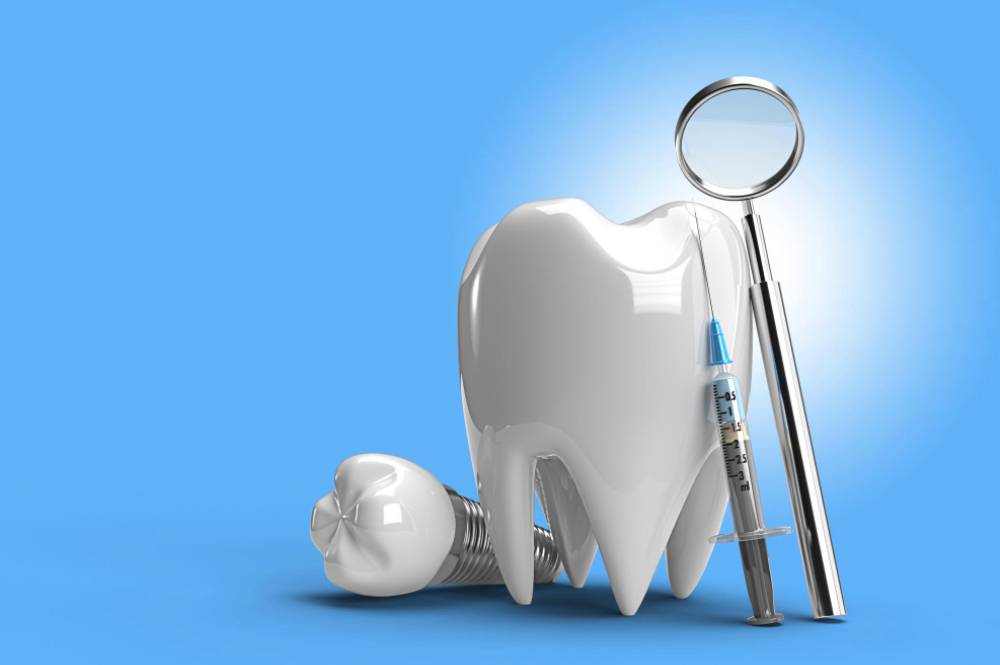Dental crowns have steadily risen in popularity as a treatment of choice for various dental issues.
But like any dental procedure, it’s essential to weigh the benefits and potential drawbacks before making a decision.
In this guide, we’ll dive deep into the benefits of dental crowns and address the common concerns associated with them.
Benefits of Dental Crowns
1. Restorative Function: Dental crowns are ideal for restoring damaged teeth. Whether it’s a tooth that’s decayed, broken, or worn down, a crown can bring it back to its original size and shape.
2. Aesthetic Appeal: With advancements in dental technology, today’s crowns look incredibly natural. They can match the color, shape, and size of your existing teeth, providing a seamless look.
3. Protection: Dental crowns act as a shield for weak teeth, especially after procedures like root canals. They protect against further damage, decay, or breakage.
4. Durability: With proper care, dental crowns can last for many years, making them a long-term solution for various dental problems.
5. Improved Function: Crowns help in restoring the tooth’s function, allowing patients to chew food properly and maintain a proper bite.
6. Support for Dental Bridges: Crowns are essential components in dental bridges, providing anchoring points and support.
7. Correction of Dental Misalignment: While not their primary purpose, crowns can be used to correct minor misalignments in the teeth.
What Are the Disadvantages of Dental Crowns?
While there are numerous benefits associated with dental crowns, some potential concerns warrant consideration.
1. Tooth Sensitivity: After getting a crown, some patients might experience increased sensitivity, especially to cold or hot temperatures. This sensitivity usually subsides, but it’s essential to be aware of this potential short-term effect.
2. Potential for Damage: While dental crowns are durable, they aren’t invincible. They can sometimes chip, especially if subjected to hard foods or external trauma.
3. Risk of Infection: If the crowned tooth isn’t properly sealed, there’s a potential risk for infection. It’s crucial to choose a reputable dentist to minimize this risk.
4. Initial Cost: Dental crowns can be an investment, especially if not covered by insurance. However, given their durability and the benefits they offer, many find them to be a worthwhile expenditure.
5. Replacement Over Time: Depending on the material used and the individual’s oral habits, a crown may need replacement after several years.
In conclusion, while there are some disadvantages associated with dental crowns, the benefits often far outweigh the potential drawbacks for many individuals.
Whether you’re considering dental crowns to enhance your smile or restore functionality to a damaged tooth, it’s essential to get a full understanding to make an informed choice.
For more detailed information on dental crowns, including the various materials used and aftercare tips, be sure to visit our page all about Callahan and Klein dental crowns.



